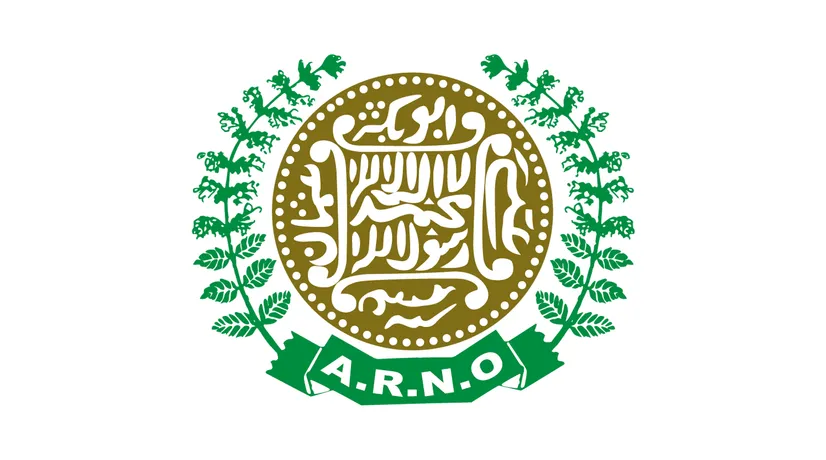Urgent Action Needed to Secure Free, Fair and Inclusive Elections in Myanmar
21 August 2020

21 August 2020
Myanmar’s Union Election Commission (UEC) announced this week that six Rohingya candidates have been barred from running in the 2020 elections. The actions of the UEC to exclude the Rohingya has already set in motion the grave risk that the 2020 elections will not be free, fair or inclusive.
Just months before the 8 November 2020 elections are scheduled to commence, the UEC has made clear that Rohingya people will be denied the right to vote. After having participated in numerous elections since 1936, the Rohingya—a population of roughly 1.7 million people in Rakhine state and Bangladesh refugee camp—are poised to be disenfranchised and denied a say in shaping our country’s future.
Six Rohingya candidates—including Khin Khin Lwin, Kyaw Min, Aung Hla, Saw Myint, Abdul Rasheed, and Abu Tahay—have already been barred from standing in the elections, with the UEC rejecting the candidate’s Burmese origins. All have appealed the UEC’s racist decision or are in the process of doing so. It is imperative that the international community closely monitor the appeals process and press the UEC to reverse their decision and reaffirm their commitment to a genuinely free, fair and inclusive process.
Just as Myanmar is working to deny the Rohingya the right to vote and participate, as if the case in conflict-affected areas. On 30 July, senior election officials announced that Myanmar could postpone elections in Rakhine State, if the military deemed it necessary. Less than three months prior to the 8 November elections, the UEC has still not provided a comprehensive plan to enfranchise voters in conflict-affected areas, and continues to deny civilians access to the Internet, as well as to bar international monitors from reaching civilians in need. This is in direct contradiction with the statement Myanmar’s representatives made at the Human Rights Council session in July stating that it would be open to international monitoring and would ensure free and fair elections.
If the international community does not move swiftly to reject such anti-democratic actions, there is grave risk that Myanmar’s transition—in which much of the international community is heavily invested—will be seriously imperiled. On behalf of the Rohingya people, the Arakan Rohingya National Organisation urges the international community to:
- Press Myanmar to restore the right to vote for all ethnic and religious minorities, relying on existing household lists utilized in the 2010 elections. The Rohingya exclusion should be strongly condemned. Both now and after the elections take place, the international should be clear and unequivocal: a process that excludes ethnic and religious minorities is inherently antidemocratic, and represents a step back for Myanmar’s transition.
- Insist that the UEC accredit Rohingya candidates to participate and run in the 2020 elections, including candidates from Rakhine State. The exclusion of Rohingya candidates would set a dangerous precedent for future elections to come, and must not be accepted under any circumstances.
- Reject UEC efforts to bar local independent election observers from observing the elections. Recent reports that Myanmar is refusing to accredit local independent observers is a grave threat to the electoral process, and is particularly worrisome given the fact that COVID-19 could hinder an international monitoring presence.
- Instruct the UEC to provide a clear plan to hold elections in conflict-areas, including Rakhine State, and independent monitors must be granted access to conflict-affected areas.
- Address restrictions on movement for the Rohingya and other ethnic minorities by simplifying the travel authorization system, thereby easing access to polling centers, and completing the long-awaited audit of existing restrictions on movement in Rakhine state. These restrictions not only affect our access to vote but also our access to critical services like healthcare. Any audit of these restrictions must be connected to a roadmap for lifting them.
- Support Rohingya candidates, political parties and participation from other underrepresented minorities. The political participation of Rohingya women must be at the forefront of this effort. In parallel, credible local electoral monitors must be deployed in conflict-affected areas to help ensure a more level political playing field.
The international community must support an inclusive electoral process. The Rohingya are a part of Myanmar. We deserve a say in shaping our nation’s future. Myanmar cannot and will not become a democracy if it leaves its ethnic and religious minorities behind.
For more details, please contact:
Dr. Mohammad Habib Ullah Cell / WhatsApp +1-4438158609 or email at [email protected]
၎
င
၎
၎
Announcements
21 May 2025
Open letter: Malaysia must lead ASEAN with principle, not hypocrisy, to address the Myanmar crisis

Progressive Voice is a participatory rights-based policy research and advocacy organization rooted in civil society, that maintains strong networks and relationships with grassroots organizations and community-based organizations throughout Myanmar. It acts as a bridge to the international community and international policymakers by amplifying voices from the ground, and advocating for a rights-based policy narrative.